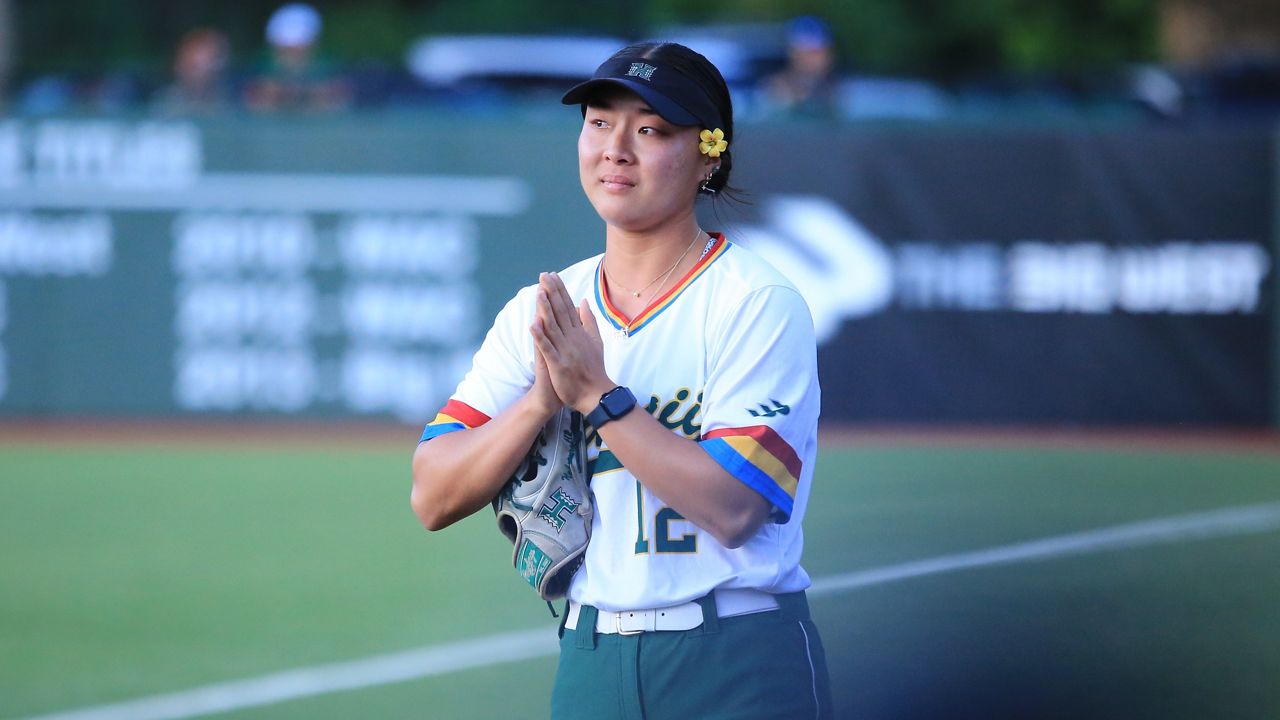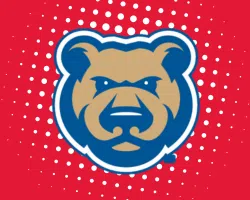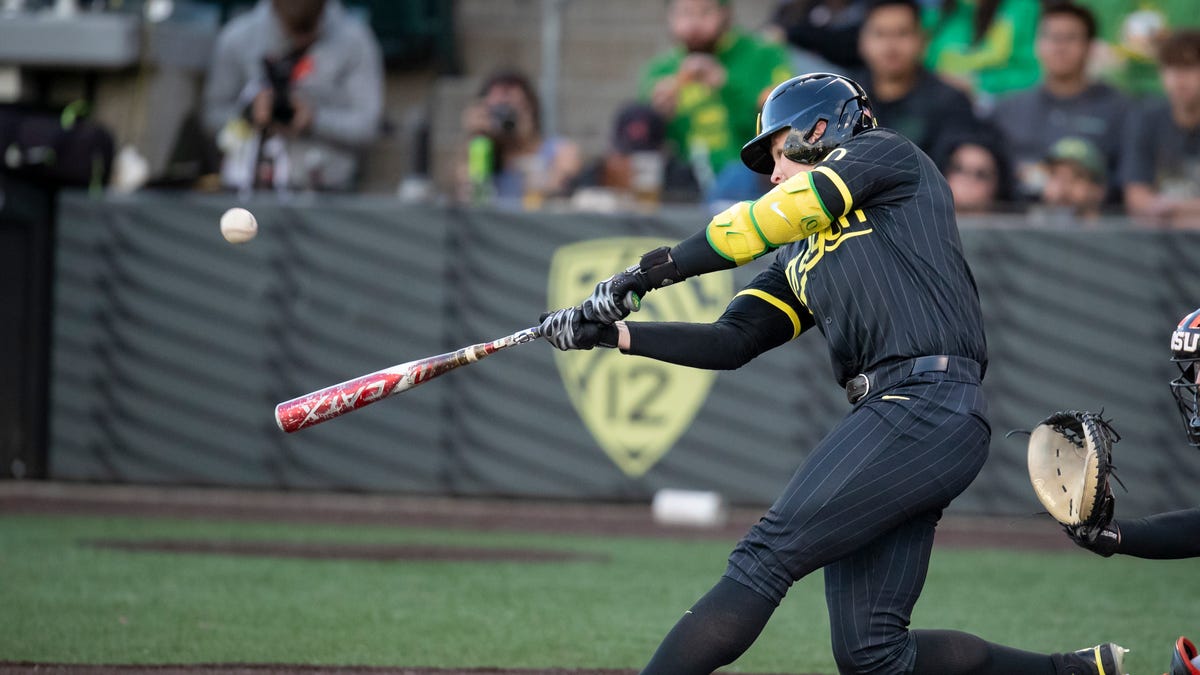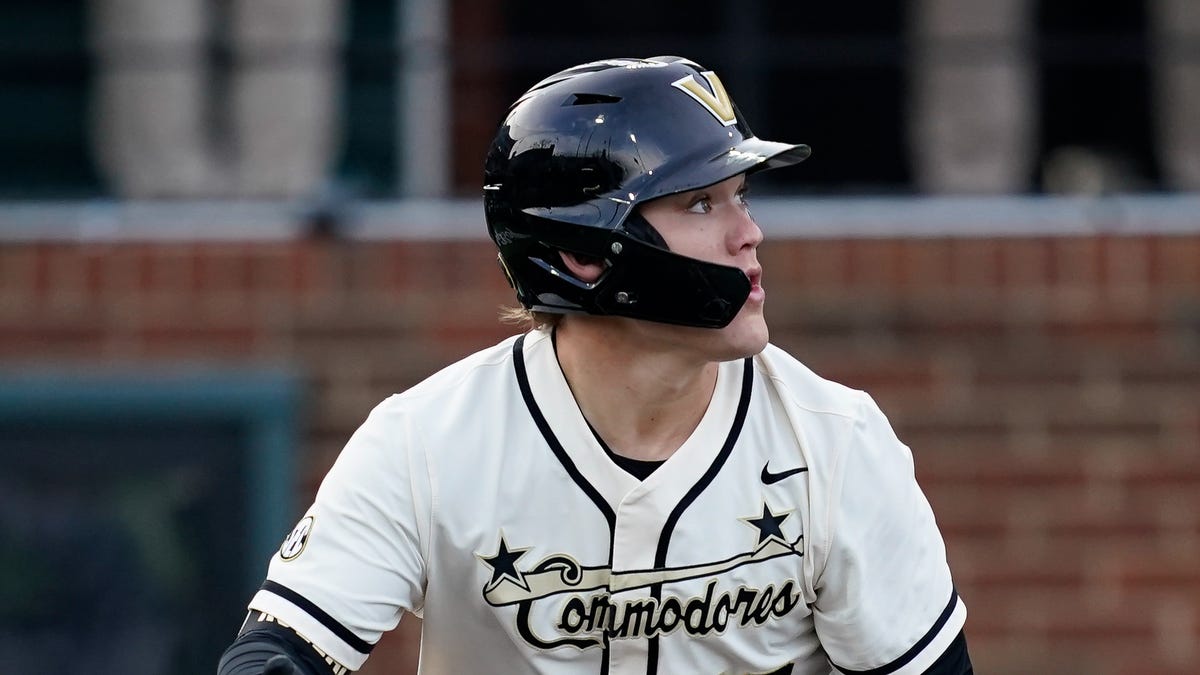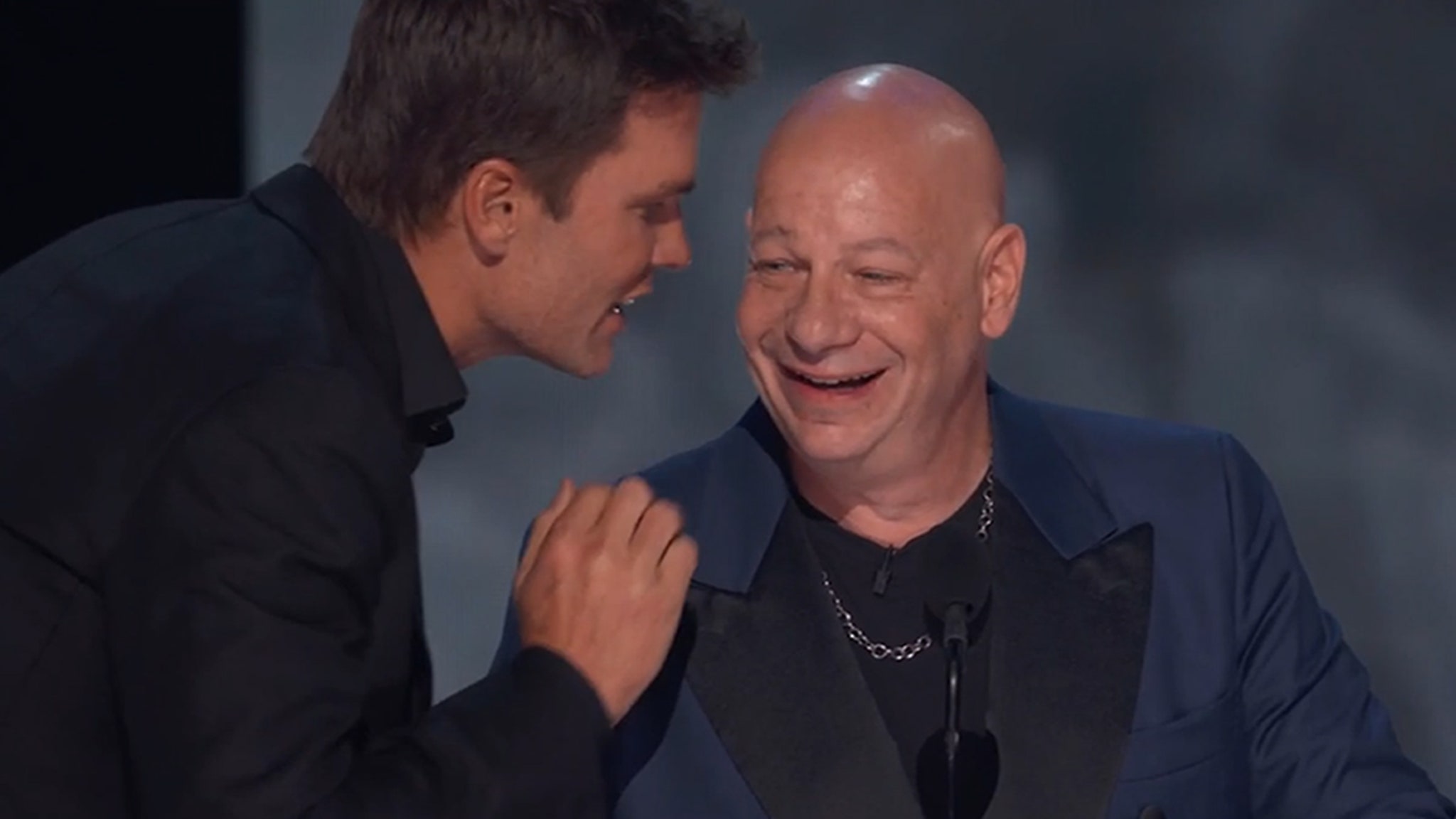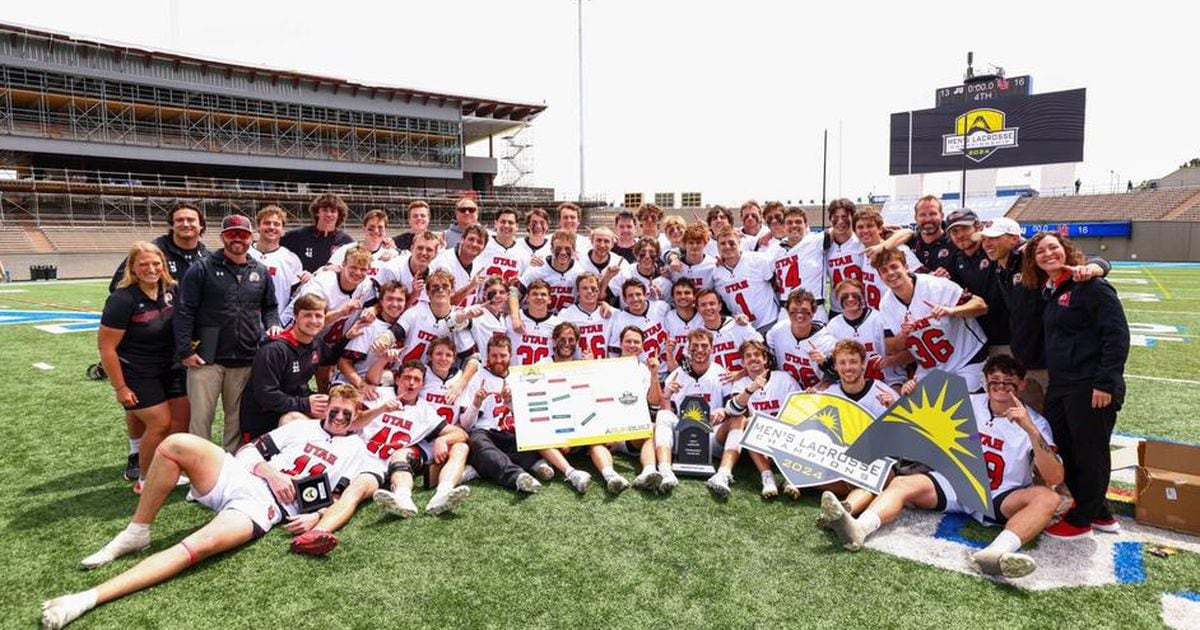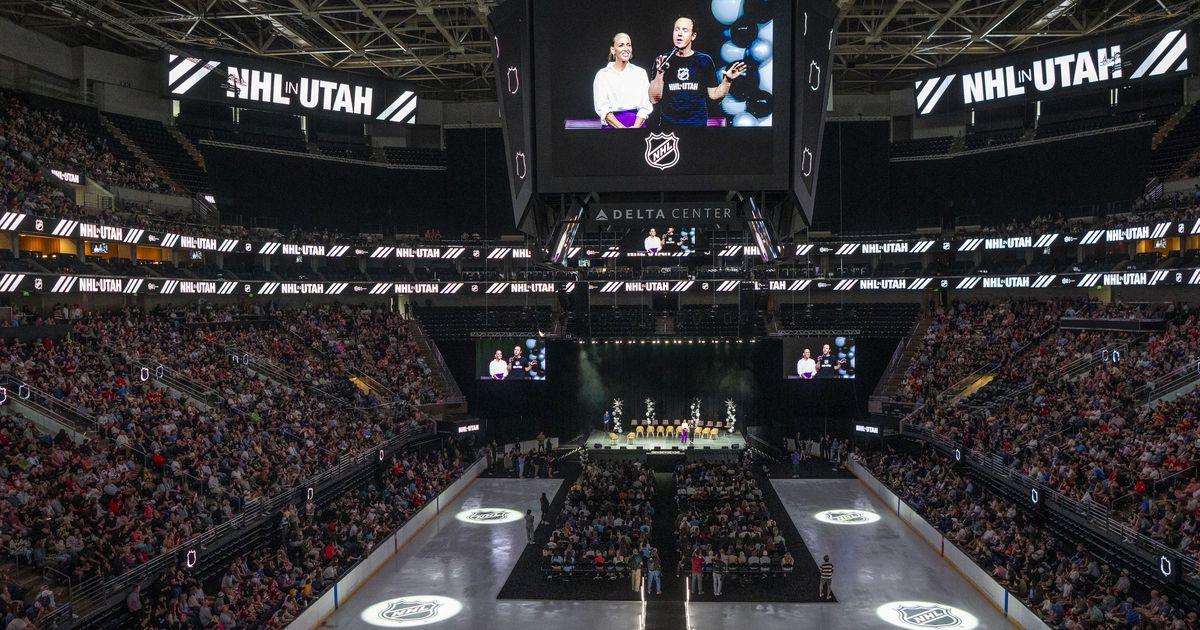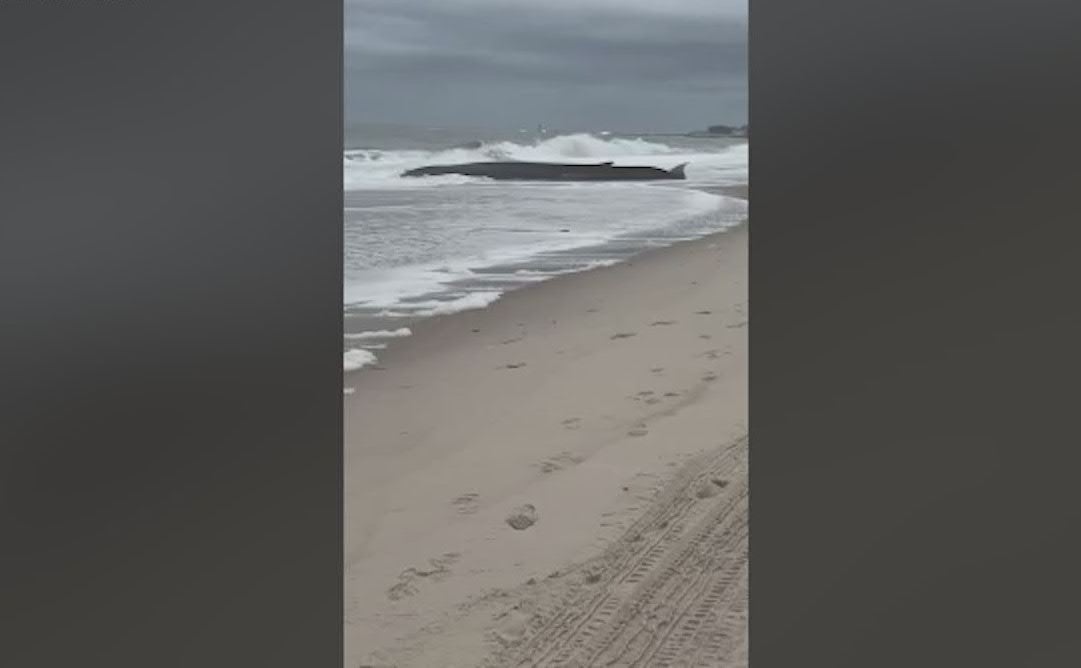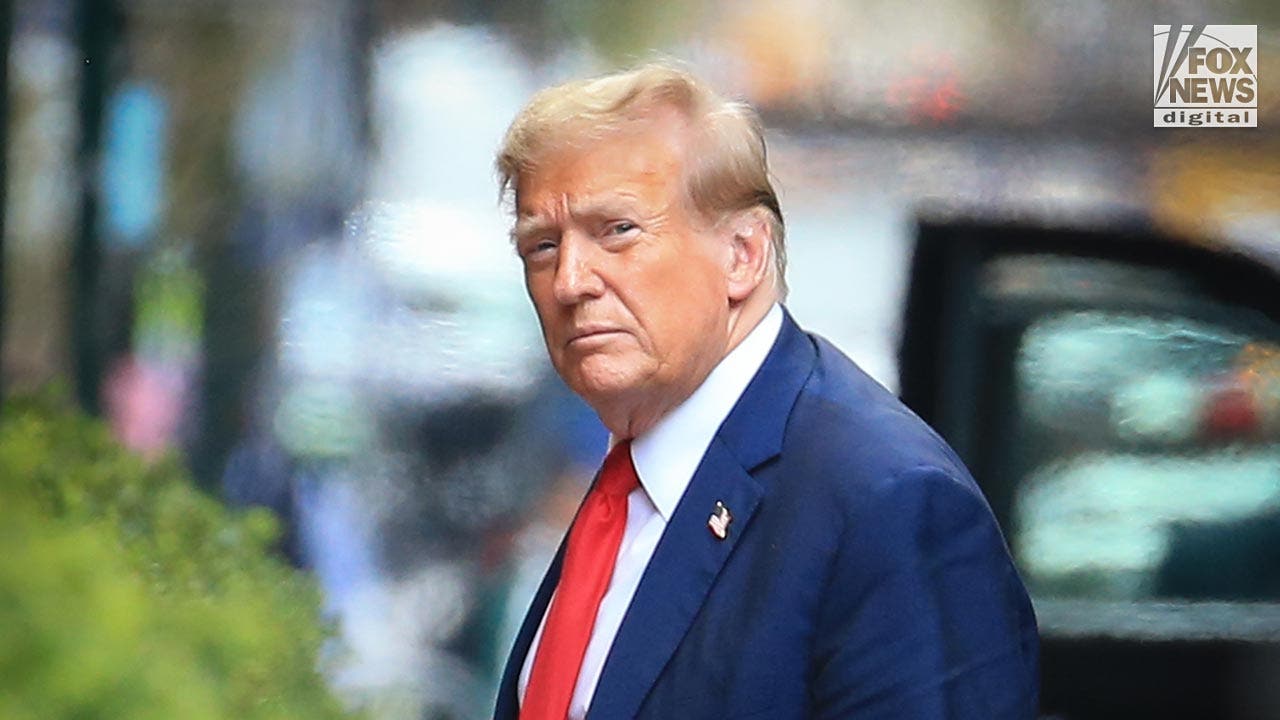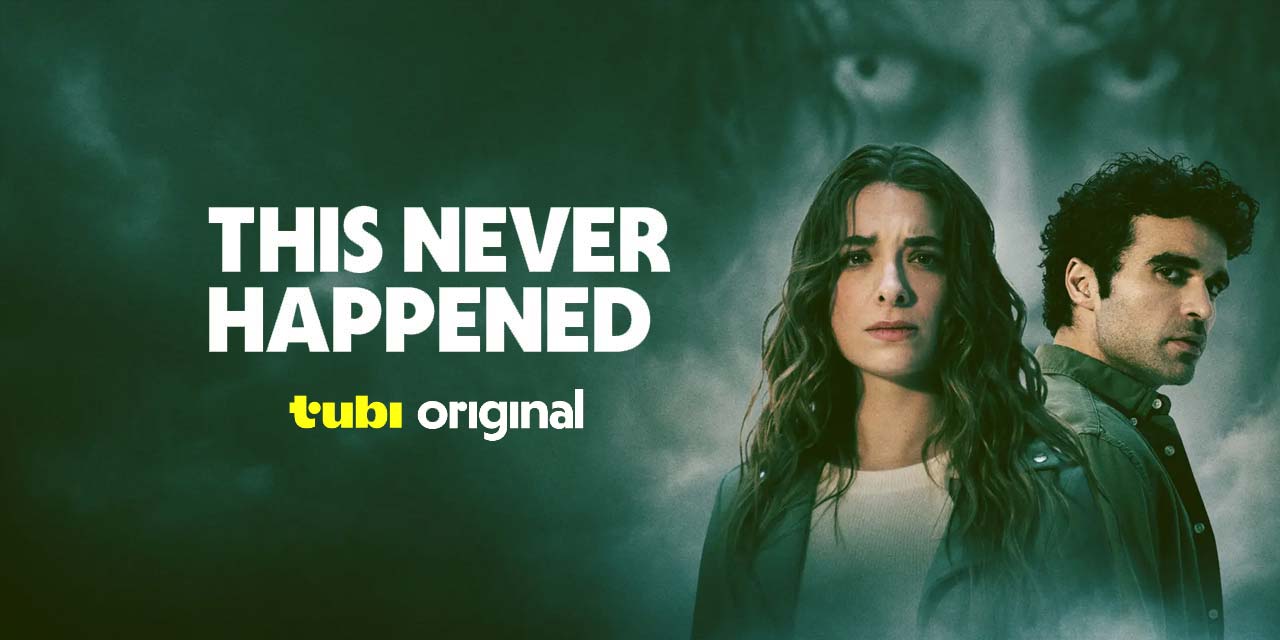Ryan Smith never met Larry Miller, never spoke with the man, not once.
Whether the two business titans/team owners would have been friends is anybody’s guess. This much is certain: They were/are distinct, different individuals. One example: Larry, as a matter of routine, wouldn’t have conducted business wearing a baseball cap backward, as a means of reminding him of his own imperfections, that he might be a billionaire, but he’s still just a dude.
The things they had/have in common, though, are evidenced in what they do, in what they said/say they want to do, in what they did, in what they’ve done.
Asked once how he wanted to be remembered, what he wanted to be remembered for, Miller said, “As a man who loved Utah.”
Asked what his greatest talent was, Miller said, “My vision. I see things others don’t see.”
Asked what he wanted to accomplish as a team owner, Miller said: “Win.”
Yeah, well, a triple-shot of bingo there for Smith.
Bingo, bingo and bingo, again.
The young visionary who went on to eventually buy Miller’s NBA team — the one Larry and Gail, by way of that purchase, previously saved from moving out of state — a little over a decade after Miller’s passing, and who now has gone on to buy and bring an NHL team to the state, loves Utah, too.
When Smith and his wife, Ashley, first addressed the Coyotes in Arizona, after news of their acquisition of the franchise had just begun to sink in, they filled a group of stitched-up, leathery-tough and slightly-confused hockey players — athletes and coaches who were trying to process what the h-e-double-hockey-sticks was going on and what it meant for their futures — full of hope and promise about the place, the community for which they’d soon enough be skating and busting their humps in the seasons ahead.
“They told us about their story and what they want to accomplish,” Coyotes coach Andre Tourigny said to ESPN. “It was amazing to hear about their core values. Why they’re doing this, how much they care about Utah, how much they care about the people in Utah and how much they believe in the state. Honestly, they filled us with emotion and with pride, to be a part of that moving forward.”
That’s the forceful bond, then, the commonality, among the two men who have had and/or who will have the greatest impact on Utah sports over the state’s first century-and-a-half of existence.
Miller bought the Jazz when he had no business doing so, spending well in excess of his total worth and wealth to do so, to save them from becoming someone else’s team in someone else’s state.
Smith bought the Jazz, part of Real Salt Lake, and now the yet-unnamed hockey team for today’s generation of fans and also for tomorrow’s.
After he took possession of the Jazz, Smith said this about the purchase and his newfound stewardship: “It’s not easy to own an NBA team. This is not what people think from the outside, where it’s all fun. There’s a lot of work, a lot that comes with it. To sit and say, ‘Hey, this is a dream,’ I don’t really see it that way. It’s work. It’s going to be work, and it’s going to be hard. The dream comes in what we’re able to do for people.”
If you listen carefully, you can hear Smith echoing all of that now, and saying the same about owning an NHL team.
He said something else back then, too: “We want to win.”
Ahh, the winning. Ask Larry somewhere out there in the great beyond, that’s the sheerest cliff to climb in the rugged, mountainous, competitive regions of the NBA and the NHL. It’s a bit like organizing an ascent on Mount Everest, only with other groups of climbers on the trail dead set on bumping and bouncing you and your uniformed sherpas over the edge and into the icy abyss below.
Miller, before his passing in 2009, was able to get the Jazz to the NBA Finals twice in his quarter-century of ownership, and the Jazz made deep runs in other postseasons.
Smith, since first owning the Jazz in 2020, has struggled to find similar success. Under his — granted — short purview, the team hasn’t done much, particularly in the past two seasons, when the Jazz didn’t qualify for the playoffs. He switched out the front office, hiring his golf buddy Danny Ainge, who largely disassembled the team that did make the postseason, replacing it with the team that has not, along with a load of draft picks and still-unfulfilled promises for the future. Thus far, the fans have continued to show up. The question is, for how long?
Utah’s new NHL team this past season did not make the playoffs, although many observers believe the club has enough talented young players and draft picks and other options to make a strong move in the years ahead. The hockey team, despite all the uproar and uncertainty surrounding the team’s ownership and location and lack of an NHL-worthy arena and the entirety of the off-the-ice mess all around, is ahead of the basketball team in that regard. It looks as though Smith will leave the hockey guys in place to do their thing, allowing them to grow into whatever they’ll be.
“I think we have a lot of good pieces in place,” Tourigny told ESPN. “The young players are coming. They’re not necessarily on our team yet, but they’re coming. There’s a lot to be excited about. Talent needs time to develop. How far away are we? Time will tell. I hate when you start to say when it’s happening. Our play has to do the talking, and our play will do the talking.”
It’s up to Smith to discover what Tourigny’s team needs and to give it the support, financially and otherwise, required to achieve what the owner says he wants.
When Smith met with the players in Arizona, he took the whole outfit on an excursion to Scottsdale National Golf Club, where, while golfing with different groups of players, he asked everyone in sight what he could do not just to make the move to Utah smoother, but to help them in the greater context. Reports say he did what too many team owners don’t do: He listened.
He also likely impressed them with his golf swing — the dude’s pure with the stick, something like a 2-handicapper.
The debris around the Team Formerly Known As The Coyotes will slowly be swept away. The trauma that swirled throughout the past season, blowing just outside the locker room door, was immense and intense, the team’s difficulties inside the aforementioned uncertainty hard to tune out, affecting as it did not just the players and coaches and their families, but the team’s fan base, as well. That’s Arizona’s problem now. Will the debris be formed into another NHL team down there or will thoughts about hockey simply fade from memory? Beats me. The league seems to want a team in the Phoenix area, if space and place for a new arena can ever be found.
The sweeping started in earnest with Smith’s early connection with his new team, and then was ratcheted full of enthusiasm further when the team was introduced at the Delta Center a little over a week ago, all to the delight of more than 12,000 new fired-up fans gathered for that party.
Players and coaches seemed and seem genuinely excited to skate for Salt Lake.
And with more than 20,000 deposits already slapped down on the barrel for season tickets to NHL games starting this fall, the feeling is mutual, just like Smith figured all along it would be. So it is that a team that never made money in Phoenix will make quick money here.
Vision and love for Utah.
The venue that Larry Miller built for basketball was almost always full, too.
Now, it is said that Smith will reconstruct that building to make it suitable for some 17,000-plus hockey fans.
That’s the easy part, especially with the help of public money promised by Utah’s lawmakers.
The hard part? The real work? The stuff that will keep Utah fans filing into the Delta Center, shelling out their personal cash, season after season after season? That will come for both basketball and hockey in the same way, in the … you-know-what.
The third bingo.
The winning.
Editor’s note • This story is available to Salt Lake Tribune subscribers only. Thank you for supporting local journalism.


